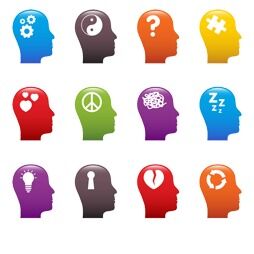Emotional intelligence describes the ability to understand one’s own feelings, and that of groups, and how these emotions can influence motivation and behaviour. The concepts of Emotional Intelligence have been around since at least the 1900’s, but the term was first introduced by Wayne Payne in 1985.
As a result of the growing acknowledgment by professionals of the importance and relevance of emotions to work outcomes, the research on the topic continued to gain momentum, but it wasn’t until the publication of Daniel Goleman’s bestseller Emotional Intelligence: Why It Can Matter More Than IQ that the term became widely accepted by mainstream media.
Course Objectives:
- Define and practice self-management, self-awareness, self-regulation, self-motivation, and empathy.
- Understand, use and manage your emotions.
- Verbally communicate with others.
- Successfully communicate with others in a non-verbal manner.
- Identify the benefits of emotional intelligence.
- Relate emotional intelligence to the workplace.
- Balance optimism and pessimism.
- Effectively impact others.
What is Covered:
- Module One: Getting Started
- Module Two: What is Emotional Intelligence
- Module Three: Skills in Emotional Intelligence
- Module Four: Verbal Communication Skills
- Module Five: Non-Verbal Communication Skills
- Module Six: Social Management and Responsibility
- Module Seven: Tools to Regulate Your Emotions
- Module Eight: Gaining Control
- Module Nine: Business Practices (I)
- Module Ten: Business Practices (II)
- Module Eleven: Making an Impact
- Module Twelve: Wrapping Up



